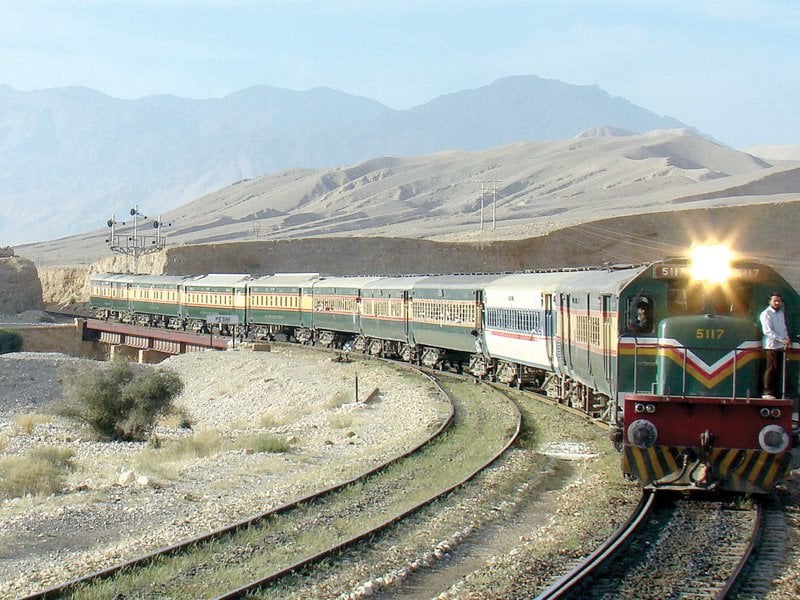The federal cabinet has given the green light to initiate negotiations on the Financial Commitment Agreement between Pakistan Railways and China, aiming to upgrade the long-anticipated Mainline-1 (ML-1) project, a vital part of the China-Pakistan Economic Corridor (CPEC).
During a cabinet meeting in Islamabad on Friday chaired by Prime Minister Shehbaz Sharif, it was decided that the final agreement for this advanced railway project would be brought back to the cabinet for approval.
The ML-1 project, a key infrastructure development initiative, is set to proceed following the federal government’s approval of the annual budget plan for 2024-25 in June, which marked the beginning of CPEC’s second phase.
The government’s focus under this plan includes enhancing bilateral cooperation across various sectors such as industrial development, agricultural modernisation, socioeconomic growth, scientific research, infrastructure, and energy.
Spanning 1,726 kilometres, the ML-1 railway project will be executed in three phases. Upon completion, it is expected to significantly boost Pakistan’s logistics capabilities.
The Chinese government has committed to providing financial support for the project, potentially including loans on favourable terms. The financing details will be finalised through negotiations between the relevant departments of both countries.
The upgraded ML-1 is planned to support train speeds of up to 160 km/h on its new tracks with an operational speed set at 120 km/h. This upgrade will increase the line’s capacity from 34 to 120 trains per day, accommodating future population growth with a long-term perspective.
The improvements will ensure a combination of speed, reliability, and enhanced capacity in rail transport. The project aims to dramatically increase the ML-1’s passenger handling capacity from the current 29 million to 170 million annually, while its freight capacity will rise from 8 million to 43 million tons.
The envisioned upgrade of ML-1 is designed to meet the country’s passenger and freight needs for the next 25 to 30 years. However, some concerns have been raised by relevant ministries.
Notably, the current PC-I for ML-1 does not account for the cost and scope of rolling stock and security infrastructure. A separate PC-I, estimated at around Rs36 billion, is being processed to address the security aspects of the project.







